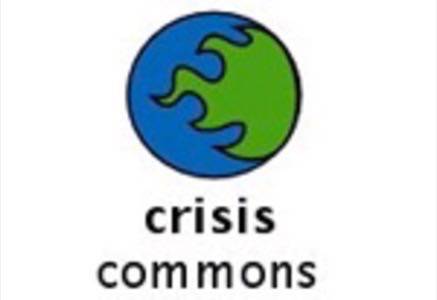In the aftermath of the Haiti and Chile earthquakes, millions of people showed their support with simple text message donations. A few clicks of their phone, and they did their part, but some have taken it upon themselves to do much more.

One group going the extra mile is CrisisCommons, which since 2009 has hosted several “CrisisCamp” events worldwide to help create disaster aid projects that leverage a wide variety of Web and social technologies. This week, the organization is hosting its first ever CrisisCongress event to bring worldwide participants together under one roof to brainstorm the humanitarian tech projects of the future.
Following the Haiti earthquake, a CrisisCamp event was organized and several amazing and useful tools emerged. Instructional videos were produced that helped people in Haiti quickly learn to make map traces and upload them to OpenStreetMap, and a mobile application was developed to translate between English and Creole. Many other tools were created, and a similar process occurred following the Chile earthquakes.
Using its online community wiki CrisisCommons.org, the group has even been helping to produce tools around the oil spill in the Gulf of Mexico. A little over a month after the spill, the group produced iPhone and Android apps called Oil Reporter for volunteers and relief organizations to capture and share data with the public.
It is the future of tools like these that the organization is convening to discuss at CrisisCongress in Washington, D.C. tomorrow. “This forum will explore lessons learned from CrisisCamp Haiti and CrisisCamp Chile and the opportunities and challenges of building a sustainable volunteer community whose mission is to use technology tools and expertise to aid communities in crisis,” the group says on its homepage.
CrisisCommons is a a non-profit organization that is supported by third party donors. The First International CrisisCongress is Friday in downtown Washington, D.C. at the World Bank Headquarters.

















